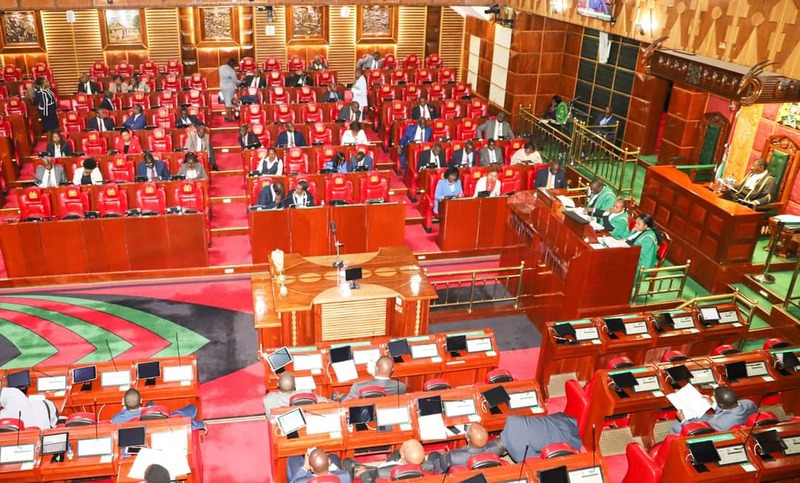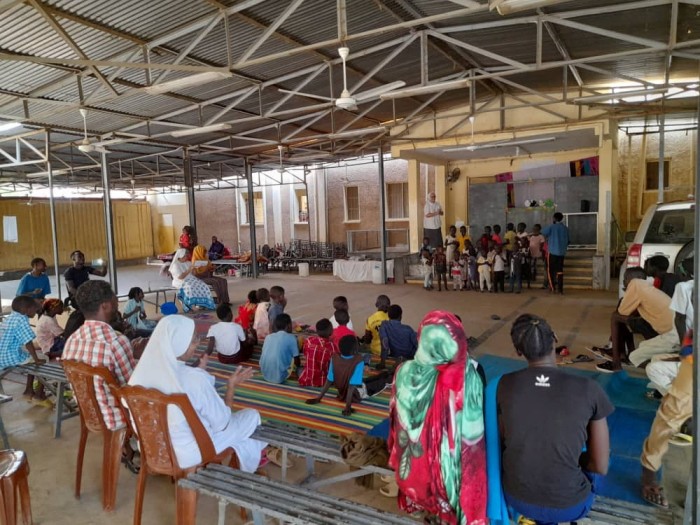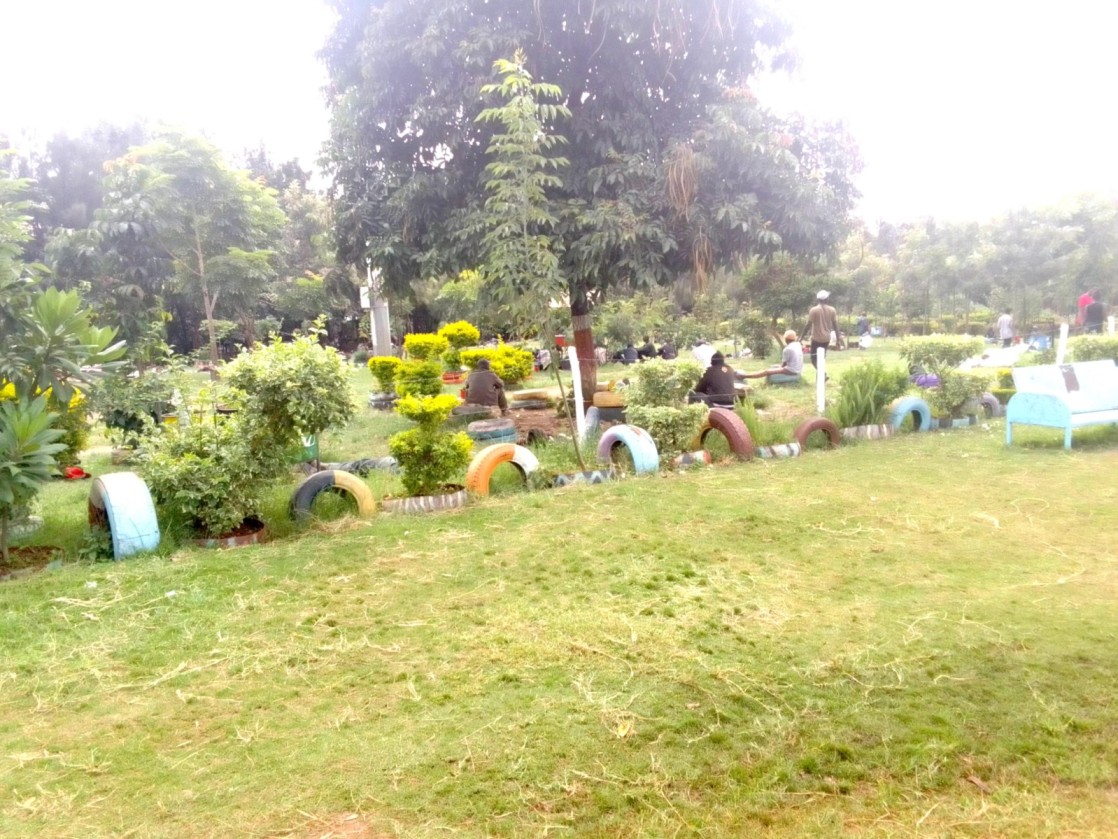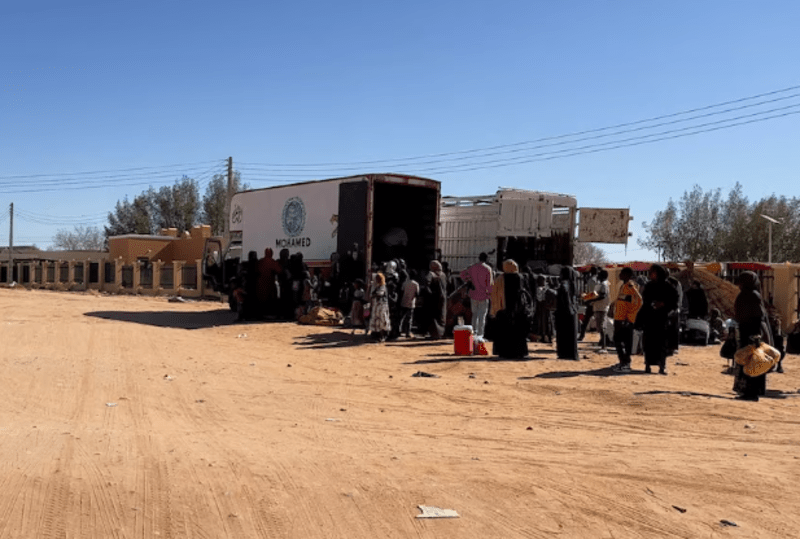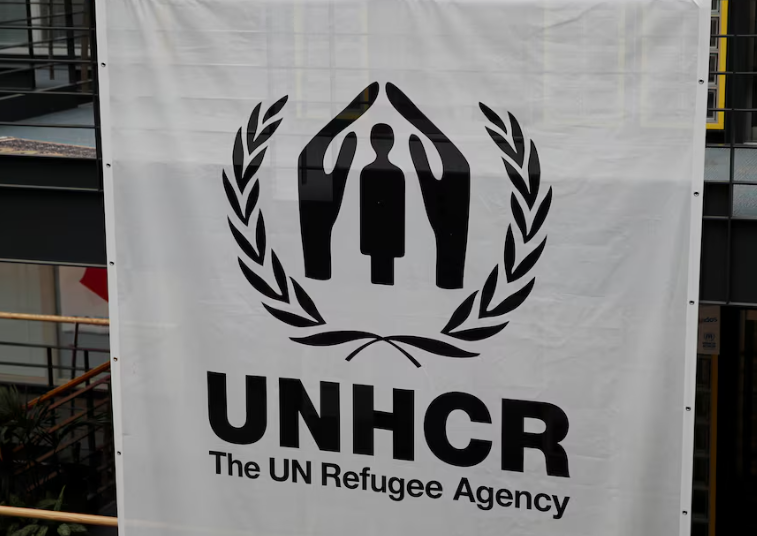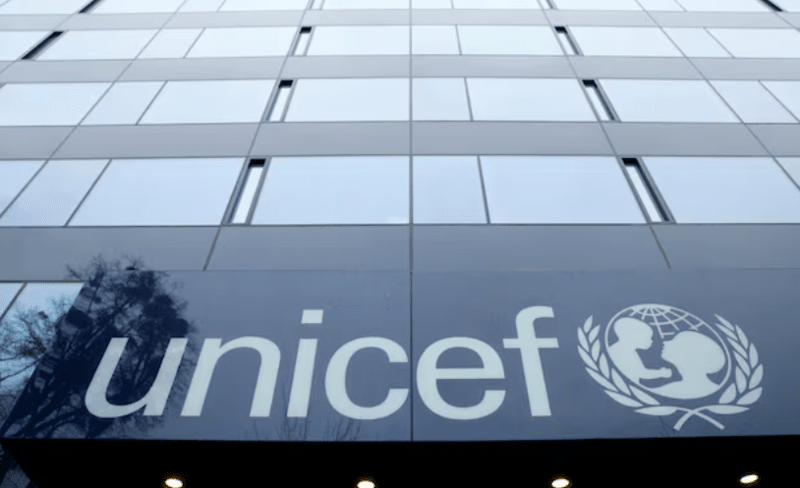Kilifi youth redefine coastline, battling plastic pollution
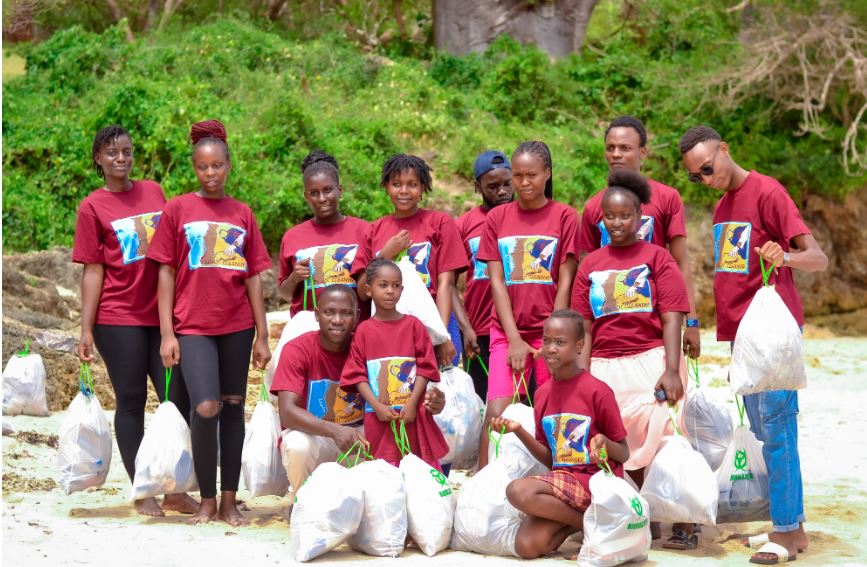
By Eunice Omollo |
On white sands that once gleamed, beneath glistening blue waters, the Indian Ocean cries out. Choked by plastic waste and marine pollution, its flora and fauna face a looming threat.
On white sands that once gleamed, beneath glistening blue waters, the Indian Ocean cries out. Choked by plastic waste and marine pollution, its flora and fauna face a looming threat. This blue economy, vital to Kenya's prosperity, hangs in the balance.
A staggering Usd940 billion in lost tourism revenue and declining fisheries tell a grim story confirmed by NEMA's Marine Litter Management Action Plan: coastal ecosystems are buckling under the weight of human waste.
Keep reading
But amidst the crisis, hope emerges in the form of Redefine Z, a youth-led group in Kilifi County fighting to save their coastline. Collecting, managing, and recycling plastic, they envision a beach reborn, free from the choking grip of pollution.
"Cleaning Kilifi's beaches is a key step towards a sustainable future for our county," says Dorcas Anzazi, Redefine Z team leader, as she leads a cleanup at Mazingira Park. "With the county government's support, we can transform this beautiful spot into a rival of Mombasa's beaches, but only with everyone on board."
Mazingira beach, a 30-minute drive from Kilifi town, hums with activity. Boats and ships ferry locals and international tourists, fishermen cast their nets, and the ocean churns with life. Yet, lurking beneath the surface is a growing tide of plastic waste, a threat so dire that UNEP, the global environmental watchdog, warns it could soon outweigh the fish population, not just in Kilifi, but across the globe.
"Coastal regions," UNEP underscores, "home to 40 per cent of the world's population and 12 of its 15 largest cities, face unique challenges. Scenic beauty and economic opportunities attract intense human activity, colliding with the triple planetary crisis of pollution, biodiversity loss, and climate change. Only 15 per cent of our coastlines remain untouched."
Yet, the ocean, "a major carbon and heat sink," absorbs over 90 per cent of excess heat and 30 per cent of human-induced CO2 emissions. Its economic value? A staggering Usd1.5 trillion annually, supporting diverse cultures and economies.
Three years ago, Redefine Z, driven by a deep love for Kilifi, set out to redeem its glory. From school outreach programs to regular beach cleanups, they tirelessly fight the tide of plastic.
"This beach lacks bins, and waste management awareness is low," Anzazi explains. "Without action, our fish will disappear. Our purpose is simple: to protect Kilifi's future, one plastic scrap at a time."
The fight for our oceans is a fight for our survival. In the hearts of these young Kenyans, we see a glimmer of hope, a testament to the human spirit's resilience and the power of collective action. Let us join them, stand shoulder-to-shoulder, and ensure the waters of our planet remain clear, teeming with life, and a source of endless possibility.








